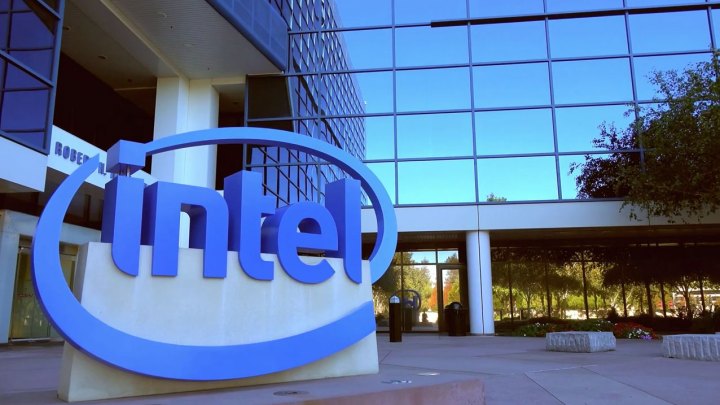
Kaby Lake has native USB 3.1 support, native HDCP 2.2 support, native Thunderbolt 3 support, and a thermal design power of up to 95 watts. It’s also built on a 14-nanometer production process, the same as Skylake and Broadwell before it.
That makes Kaby Lake a break in Intel’s longstanding “tick-tock” schedule, established in 2007. This schedule meant each release would either be built on a smaller production process than the previous release, a tick, or a comprehensive architecture update, a tock. This allowed each new Intel chip to directly build on techniques established with the previous generation.
But while Skylake, the previous generation, was a tock, Kaby Lake will not be a tick. Which is to say, it will be built on the same 14nm form factor as Skylake and Broadwell, the previous two generations.
Part of this is Intel coming up against the laws of physics. The smaller chips get, the harder it is to shrink them without finding new complications. With this in mind, Intel announced Kaby Lake as an “optimization” release a year ago. It builds on Skylake, with improved speed and new features, instead of shrinking Skylake.

Cannonlake, scheduled for release in 2017, will be on a smaller 10nm die.
There aren’t many laptops announced with Kaby Lake processors right now, but with chips making their way to laptop makers that will likely change shortly. If this launch proceeds like those in the past, you can expect to see a first burst of devices update to Kaby Lake before the holidays, with the rest following in the first few months of 2017.


